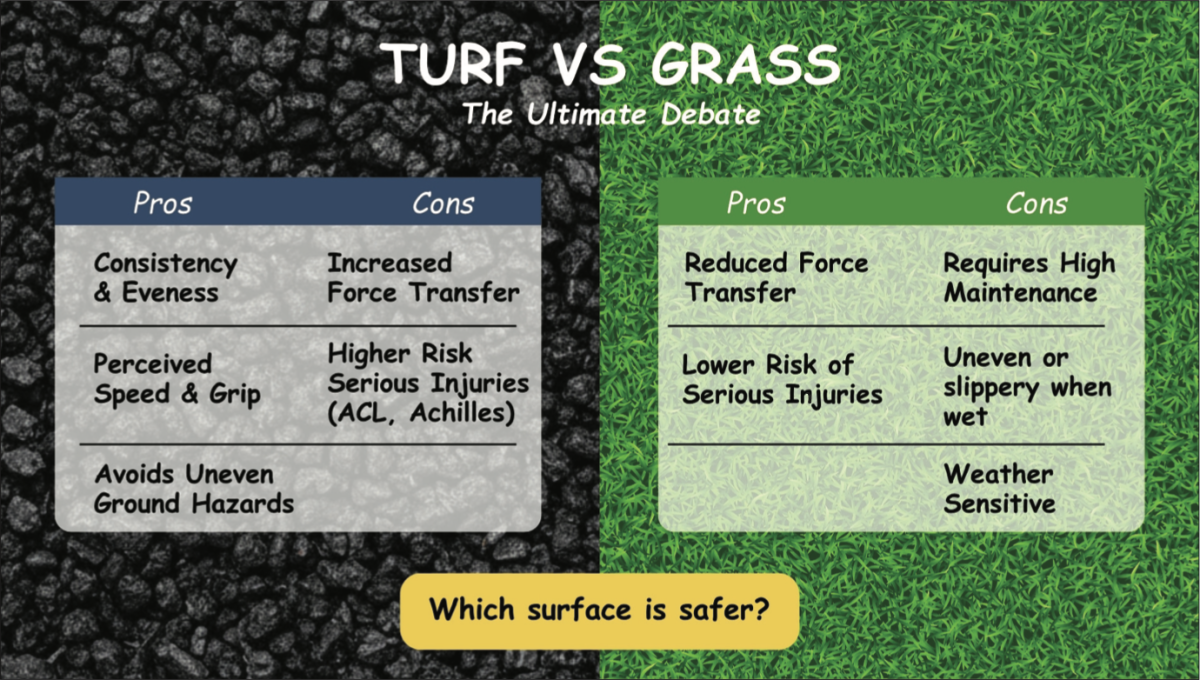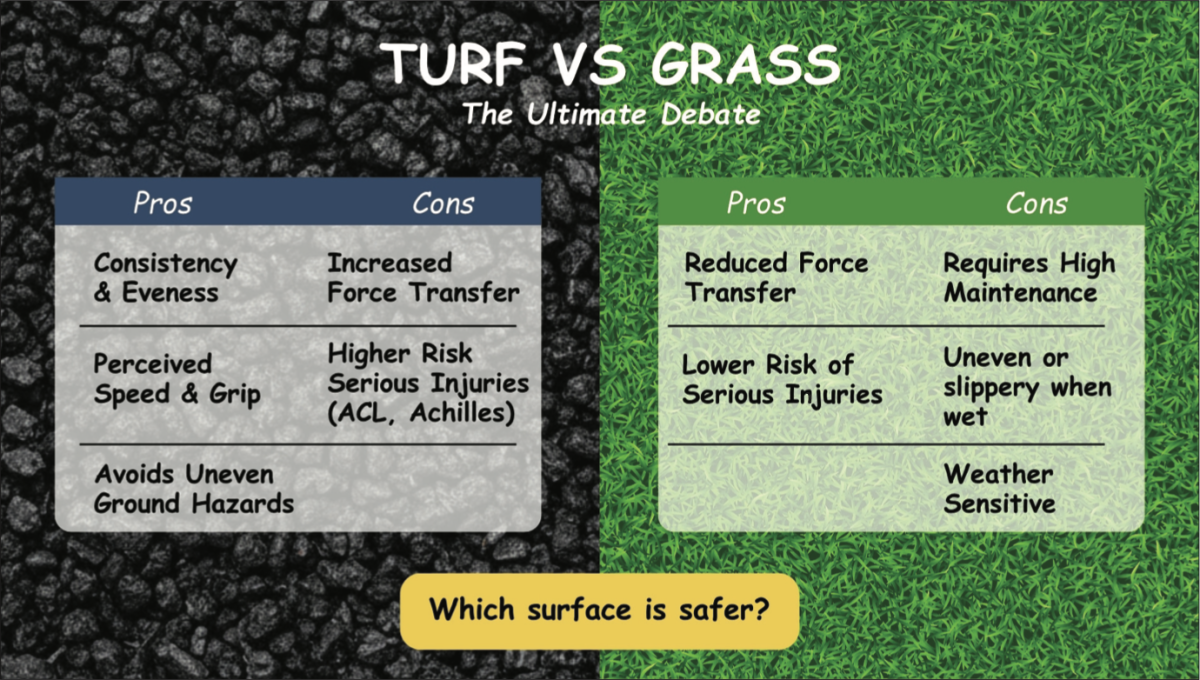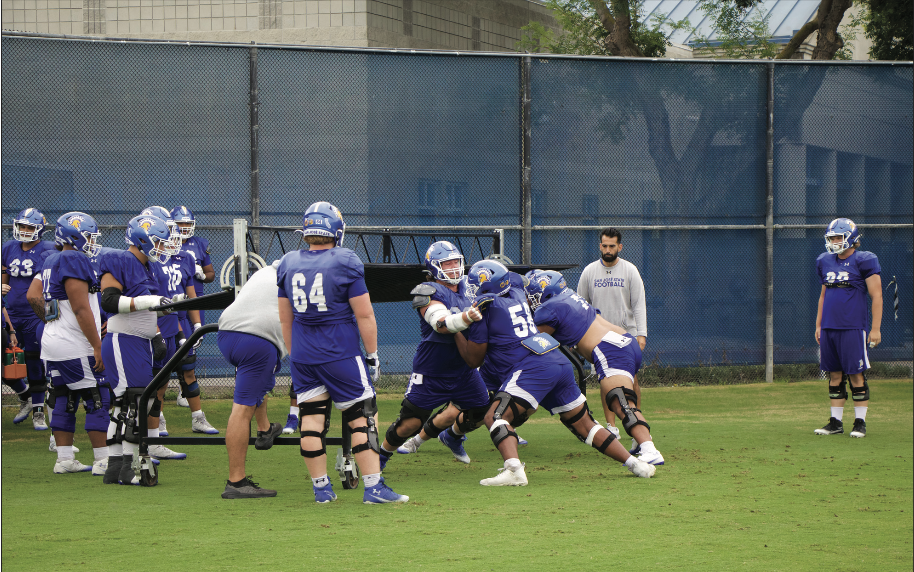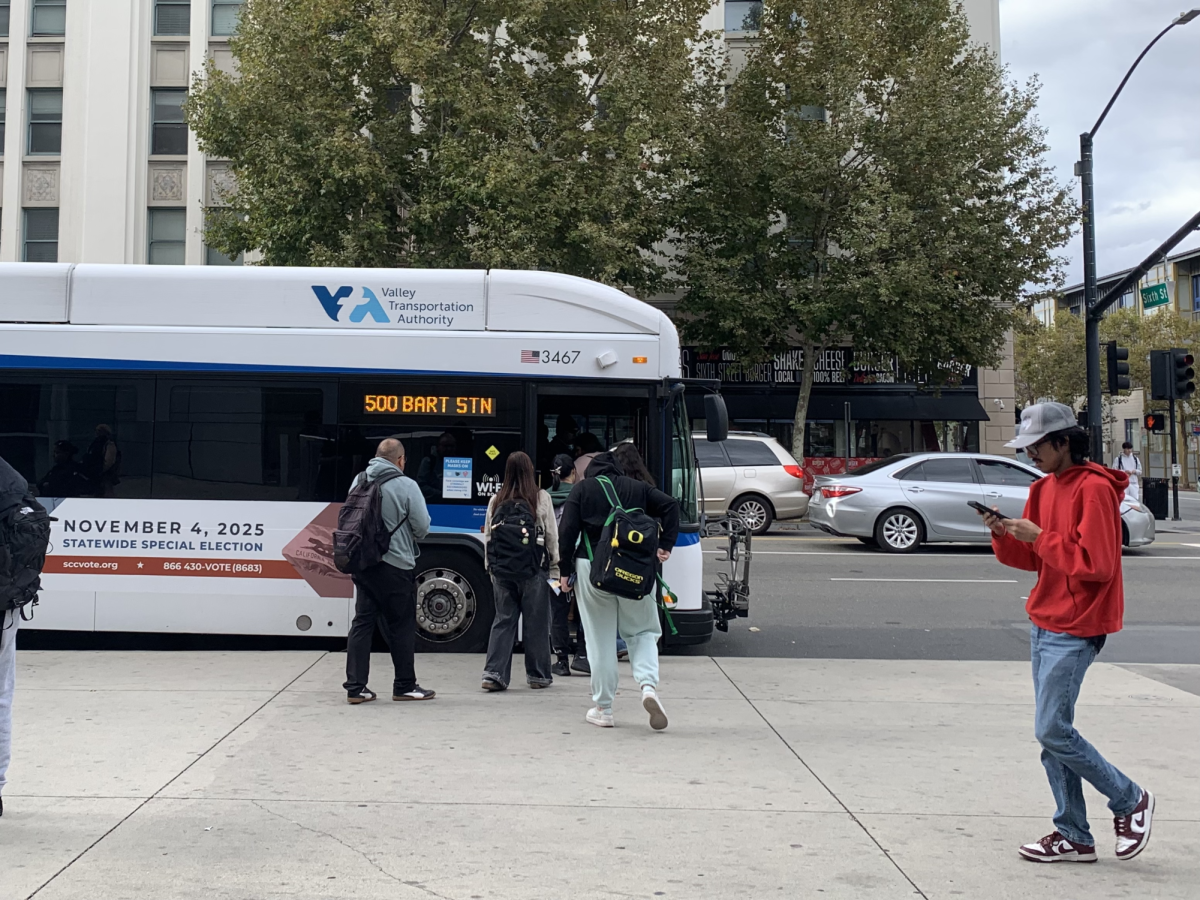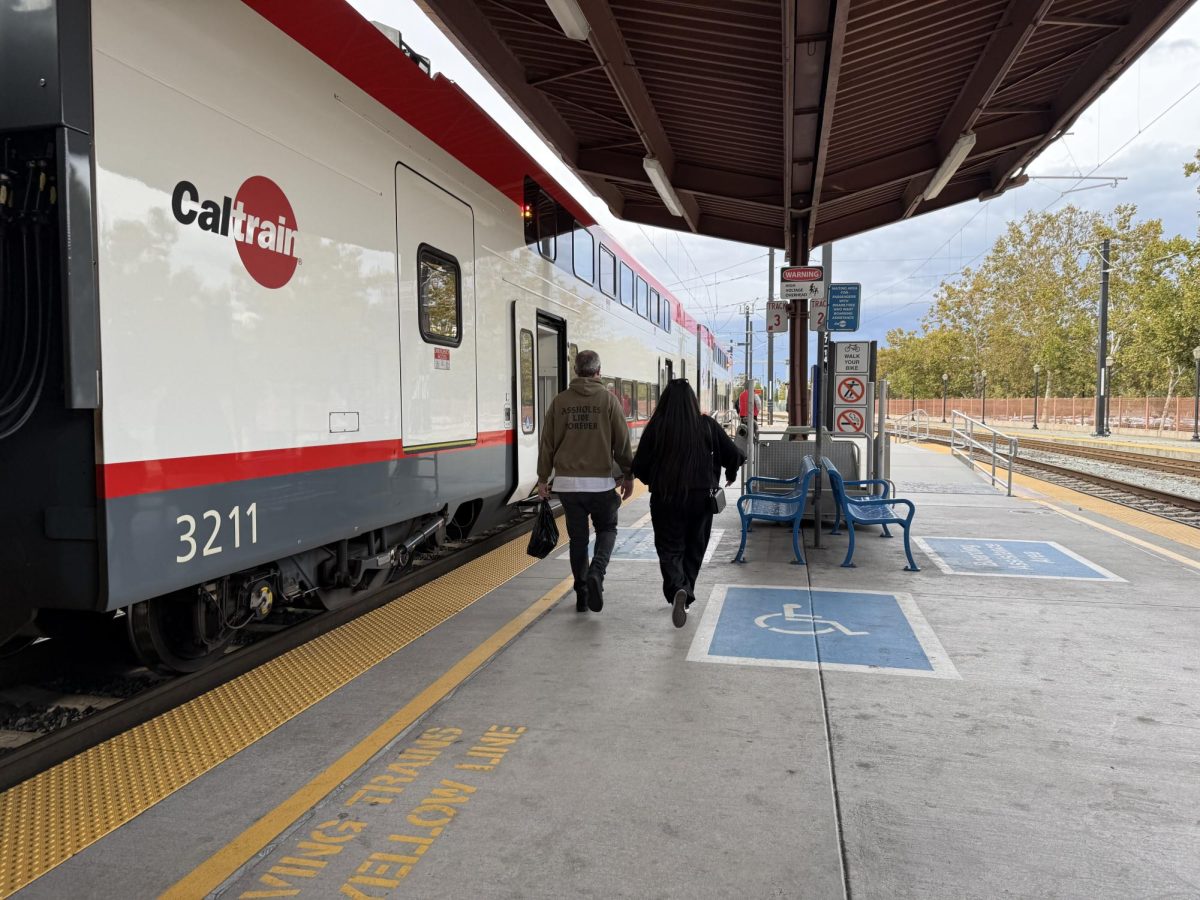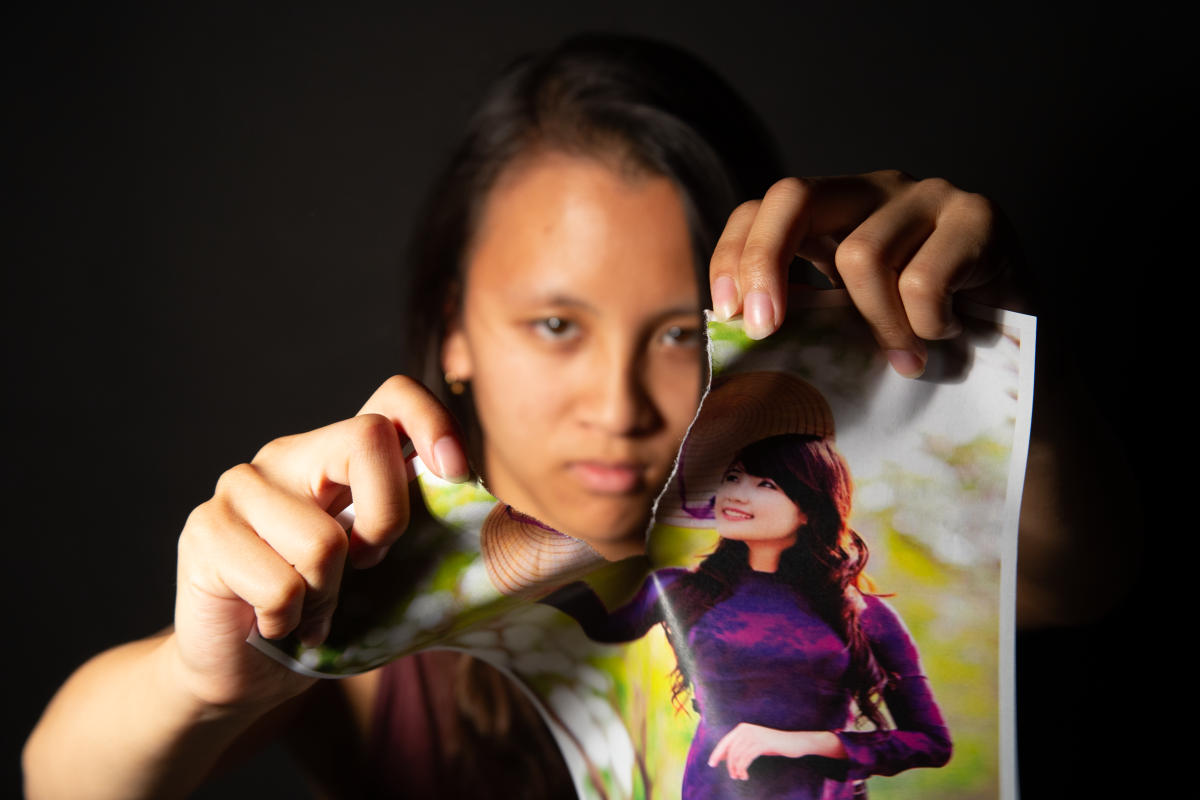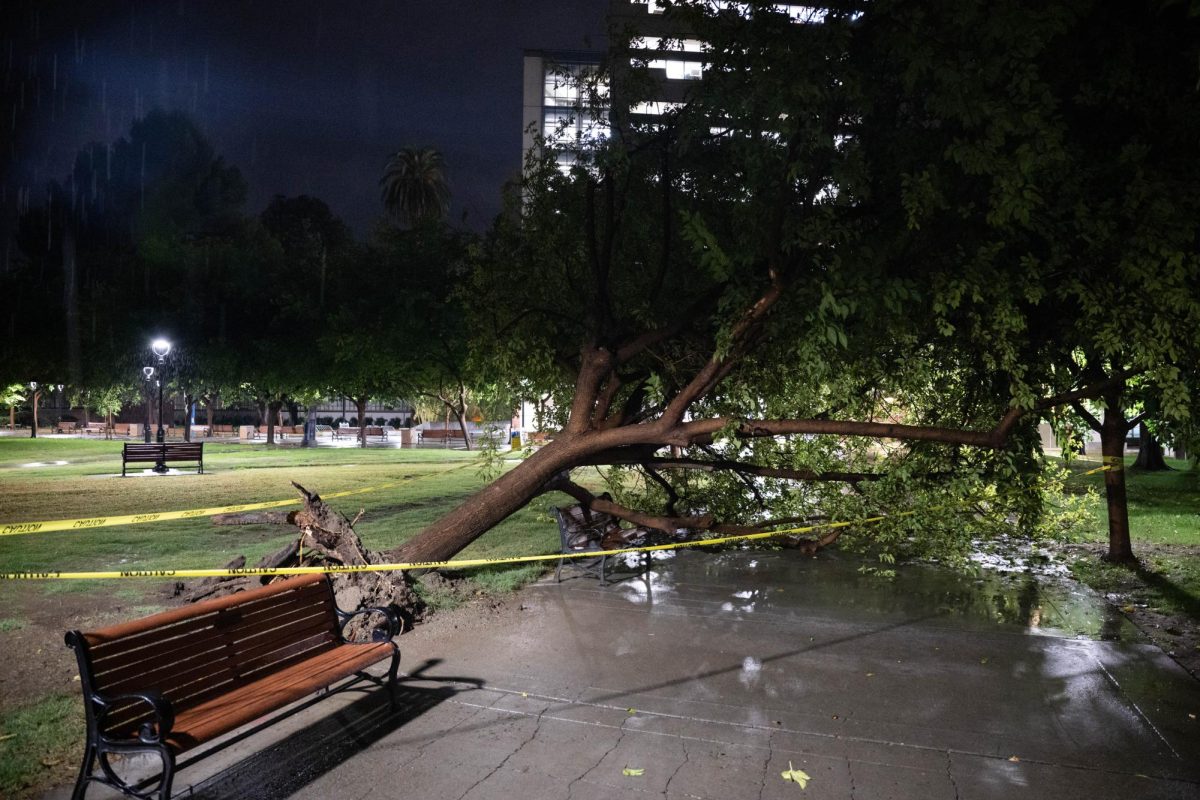My experience growing up as a Vietnamese American could be compared to watching a tropical bird have its beautiful tail feathers slowly ripped from its body.
My family, unknowingly, and society, intentionally, taught me to not embrace my tail feathers in hopes that I would blend in with the everyday American pigeon.
The process of forced assimilation started with not being able to speak my native language and not having enough access to portions of my community’s history.
It worked, almost disturbingly well. The body and mind of this little bird still ruminates on what it means to be Vietnamese American.
However, this subtle influence to fully assimilate for the comfort of others failed to give me a sense of belonging. Instead, it forced me to feel isolated from both the Vietnamese American community and American society.
I, a tan tomboyish woman who can’t even perceive having a romantic relationship with a man, will never be pale enough or feminine enough to look as “Vietnamese” as the models I see in my family’s New Year calendar.
I’m disappointed when I reflect on memories of my younger cousin and I, comparing each other’s skin tones to see who was paler.
I’m sad that I remember my mother telling me that it would be a bad idea to cut my hair into a pixie cut because it would make my face too round and I wouldn’t look feminine enough.
I miss being able to have a strong pace and energy in my walk, before my father taught me how to walk properly.
My father taught me to walk in a straight line on the painted edges of sidewalks because he was embarrassed when one of my uncles described my way of walking looked more like a masculine march.
And it always scares me to remember that when I came out to my mom as bisexual the first thing she told me was, “Well, at least you are still into men.”
I had to explain to my mom weeks later that I only have romantic attraction to women and I could never see men beyond either being friends or human dildos.
The amount of times someone has asked me if I can speak Vietnamese makes my blood boil.
My lack of ability to speak my parent’s native tongue is what made me question if I would be excluded from or bullied by my high school’s Vietnamese American club.
My inability to be bilingual is what makes me wonder if I can compete on the same level against a white job applicant because no one expects the white new kid to fit into the mold of the diversity hire.
Without knowing my native language, I end up standing idly by as I watch my parents make sounds of random words that have no meaning to me. I saw the language as a way to help the adults keep secrets and gossip without their children knowing what was being said, but it made sitting at family dinners lonely and pointless.
Yes, it’s my responsibility to learn my native tongue. Just please give me a few years to get my college education out of the way so I can earn the money to pay for Vietnamese classes.
The shame I carry and the alienation from my own community makes learning a new language as daunting as learning calculus.
I promise you I am ashamed and feel quite guilty. Nothing hurts more than realizing I’ve never had a full conversation with my grandma because she can’t speak English, just like I can’t speak Vietnamese.
Yes it’s true, I’ve never been able to tell my grandma, “I love you” without a third party translator.
The one piece of my identity that should still connect me back to my community is that I am Buddhist, but I have no idea what it means to be Buddhist in the first place.
I am aware that Buddhism is one of the most common religions in Vietnam, but I’ve never felt its communal presence from the Vietnamese American community.
I’ve prayed in front of our altar at home, with the light above the statue of Lady Buddha shining over me.
My mom taught me how to pray multiple times throughout my childhood, but I don’t know what the prayer means because I don’t remember the English translation.
My mom has tried to teach me about our religion so many times, but I always end up being more confused.
I was a teenager standing next to the kitchen table when my mom explained what our religious text was. Her overall response was that if you pray to this book, Buddha will respond to your wishes, leading me to ask, “So it’s like a spell book?”
My grandma laughed after my mom angrily translated to my grandma what I had just said.
The only thing helping me hold on to my belief in Buddhism is the story of Buddha’s enlightenment.
Ironically, I learned this story in my World History class in high school.
The story is about Buddha who starved himself nearly to death under a Bodhi tree in an attempt to find enlightenment, according to a BBC webpage.
On the last day of his fast, Buddha gave up in frustration and decided that dying wouldn’t help him reach enlightenment. He experienced enlightenment when he stopped meditating because he finally gave up his last temptation that was giving him a sense of greed and suffering, the desire to be enlightened, according to the same source.
The moral of the story is that Buddha overcame temptation and his desire for all human desire.
However, I don’t see pleasure as something you need to avoid. I see pain as a lesson on how to endure the bitter parts of life and a lesson on how to be more grateful for the sweeter moments.
Not being able to speak my native language is devastating, but I appreciate the moments where I am still able to bond with my grandmother.
We just spent a small moment looking over old photos from her day, using the few tiny words we can understand and speak, while heavily depending on each other’s gestures to communicate.
The pain of trying to understand how to merge both my Vietnamese and American identities together is daunting, but my gratitude for the experience putting me through a life-long journey of understanding myself outside of societal labels is priceless.
Assimilating into American culture failed to protect me from being seen as exotic and foreign by the media and in the classroom.
It made it harder for me to blend in with my kind, the other birds with colorful tail feathers.
I’m still not the everyday blonde and blue-eyed pigeon with pale white skin.
This is because people around me, both non-Asian and Asian Americans, appear to have forgotten the body and the soul of this bird has not changed.
My blood, my features and my experience living in this world is still Vietnamese, but my perspective from growing up in an immigrant family makes me more American than most would realize.
My parents traveled thousands of miles through the Pacific Ocean to come to America as Vietnamese refugees.
My mom and my dad along with thousands of other Vietnamese immigrants, migrated on boats from Asia to America after the Vietnam War, creating a parallel between me and the descendants of those who came to the shores of the East Coast on the Mayflower in Sept. 16, 1620.
However, whether or not you can accept it, I am both Asian and American. One cannot exist without the other unless you don’t want me to exist at all. No, I will not crawl back into the womb, just because your mind isn’t flexible enough to process nuance.

